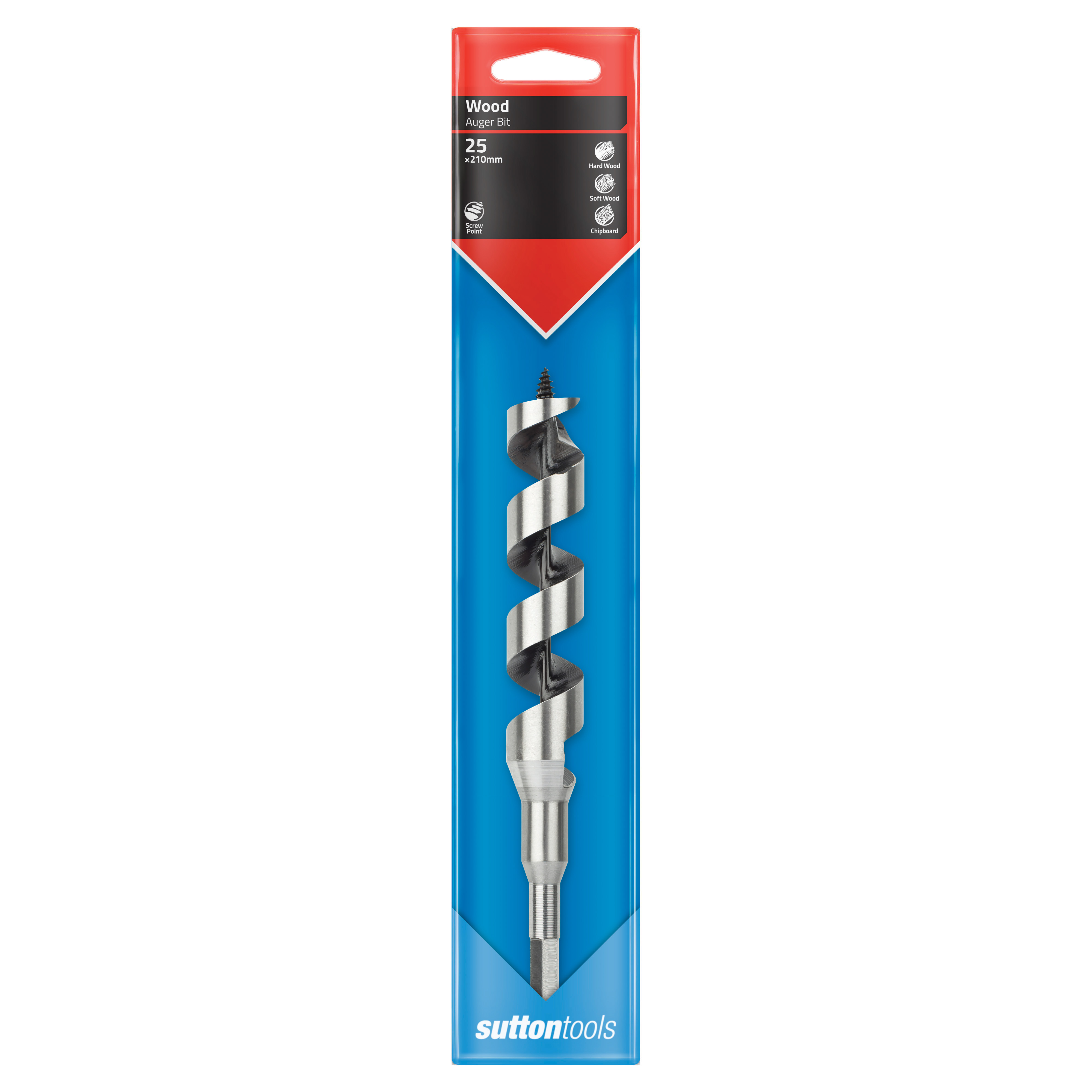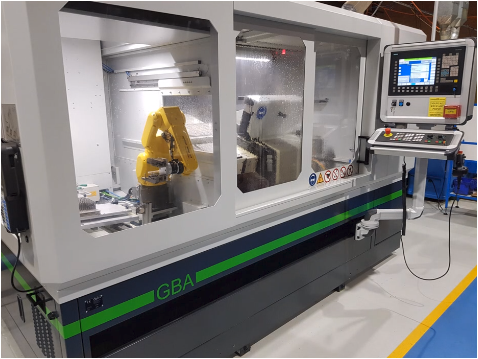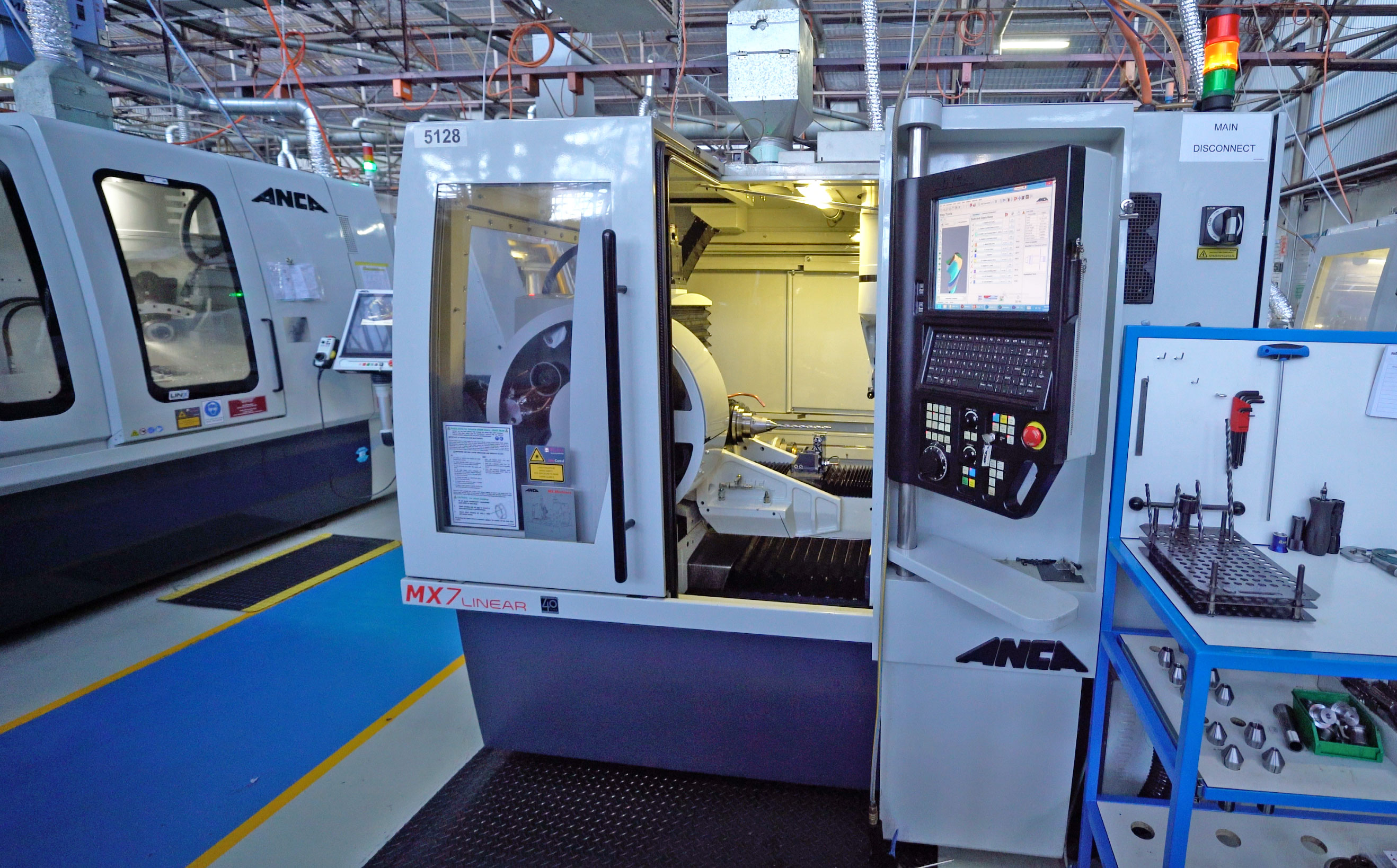Why value, quality and partnership trump cost in capital investment
Rob Sutton explains how investment strategies can enable you to contend with low-cost competitors to achieve sustainable growth, even in tough times.
Times are tough in Australia’s – and the world’s – manufacturing sector. In the current COVID-19 pandemic crisis, we’re all trying to balance our need for preserving cash versus investing in capital infrastructure to get through and be ahead in the recovery beyond.
However, given that the lead times for ordering and deploying large machines is long, we cannot always afford to delay. To illustrate this, we’re working on some very large projects in Europe that called for further capital expenditure to increase our capacity to deliver.
In March we received a $1 million thread grinder from SMS in Germany that is already in production making automotive forming taps for SE Asia and Europe and proving very effective. Despite the crisis, we’re still receiving orders for these types of products. Last week a large Indonesian subsidiary of Honda ordered 3,000 automotive forming taps – and it will go straight onto that machine.
As an Australian manufacturer up against foreign competitors with lower operational costs, we need to continuously communicate the value we add. There are essentially two pools of products: those with an opening price-point from China and other low-cost companies, and high productivity tooling typically coming from Germany and Japan.
We’re competing in both Australia and other countries in this second, higher price product pool. So, our major strategic advantage is provision of a full range of products and service offerings, as well as their quality. We’ve had some great success stories internationally – for example, in the French aerospace sector. This international expansion of our business is due to re-positioning our products upwards in the market.
That flows through to our investment strategy. When buying new capital equipment, pricing is one element of the equation, but not an important consideration. Productivity and value add are more critical.
In the case of the German thread grinder, it was the most expensive on the market – but it delivers the lowest cost per tool. Although it cost roughly double that of some of our other machines, it can run over the weekend unattended with a full range of cassettes. Looking at the Indonesian order for Honda, it will produce the taps around 40% faster – and give us a perfect tool every time. It’s not always the case, but technology like this offers a paradigm shift in productivity and therefore our global competitiveness.
Investing in partnership
Over the years we’ve narrowed our supplier base, because we value long term relationships. In the case of ANCA and SMS, it lets us develop the capability of their machines to produce at a better level, on average, than what’s already in the market.
The SMS thread grinder has a lot of modifications that weren’t commercially available on the standard machine. This has enabled us to produce our top-selling threading tool in a single operation, where it used to take three. The standard configuration could have done it two operations, but we put in special requests and SMS re-engineered elements of the machine to achieve a single operation process. The win for us is a saving of labour costs on manufacturing automotive taps.
As we’ve done with ANCA, we’ve developed specific loading and clamping systems for SMC machines which hold much tighter tolerances over unattended production. Our clamping systems for making aerospace super alloy material application end mills are not commercially available to other SMS customers. As a result, we can hold 3-4 microns concentricity over 24 hours of grinding those tools, whereas the standard system offered more like 10-12 microns.
The tool coating machines we purchase are another example of our strategy for investing for good technical reasons. We’ve gone for the most expensive option because the supplier is the market leader and our long partnership has allowed us to leverage the relationship. Not only in the purchase of new technology, but for the ongoing support of our older coating machines.
So, supplier selection is another critical consideration when making capital investments. For us, it’s not just about buying the right machines; it’s having that depth of relationship that allows us to go over and above what’s currently commercially available and create a better solution for our own customers.
At Sutton Tools we put our longevity and sustainability down to quality investment. We see it as a way to weather not only global competition, but continuous economic storms like the GFC and acute crises like the one we’re in now.
It’s only one part of the puzzle… You must also have a very good understanding of the global supply dynamics around the products that you’re producing. You can always buy the best machines with the best productivity, but unless you have complementary product management and medium-to-long-term vision for how to bring those products to market they won’t save you.
But at an unprecedentedly difficult time like this – and looking back over 102 years of our family business – I can confidently assert that an investment strategy based on value, quality and partnership rather than mere cost is a very important factor in being a sustainable business.
If you’d like to know more about our new tool manufacturing capacities ask your Sutton Tools Account Manager, or contact us.



